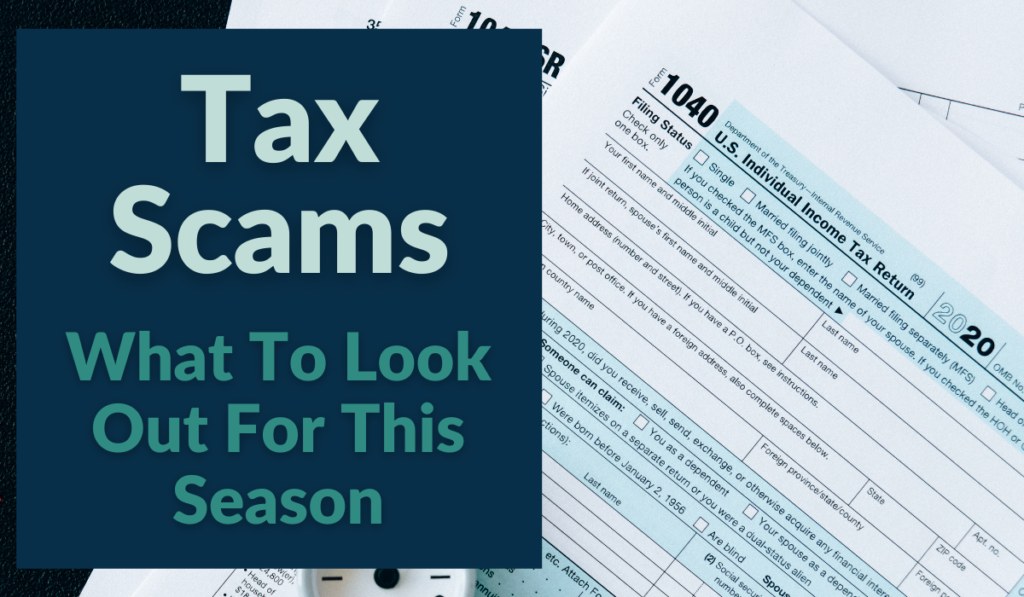
Many of us dread this time of year for the obvious reason …tax time can be well, very taxing. Add to the challenge of it all, that many of us are working from home, and find ourselves in a whole new and unfamiliar scenario of what we can claim as a tax write-off. We’re all looking for ways to maximize our return and minimize what we owe to the government.
And in this new business landscape, we do our own research, and we seek answers online. Often, we put little effort into validating the sites we use, because the amount of information is overwhelming and sometimes confusing. Additionally, we’ve had a lot of communication this year from the government on different aid packages and relief options. This can be equally confusing. So, when we receive notifications, whether it be by phone, text, or email, and it is seemingly from a government authority, we pause, perhaps panic, and then respond without taking the time to verify the situation or credentials. Let this be a reminder to any business and individual to stop and take a moment before taking any action to respond.
‘Tis the Season
Like any seasonal holiday, tax time is when cybercriminals take the opportunity to pounce on human vulnerabilities. Our minds are inundated with commercials and other reminders that ‘tax season is happening now’ so without even realizing it, we often trust that anything we see or hear is simply because of the time frame that we’re in, and don’t question the validity.
Tax scams are presented in a variety of formats. Here are a few keywords, terms, and approaches cybercriminals use to take advantage of unsuspecting individuals, and what to be on the lookout for:
- Social Security Numbers: a claim to suspend or cancel your SSN by scammers
- IRS Impersonation: threatening action for tax payment via phone or email
- Ghost Tax Preparer: unethical tax preparers that do not sign the returns for their clients; usually accompanied by the promise of a big refund or quick return
- Taxpayer Advocacy Panel: fraudulent email campaigns that claim to represent the TAP about tax refunds
This is in no way a complete list, but it is a summary of some of the methods that the IRS has warned consumers about.
It Isn’t Just Individual Consumers
These threats do not stop at the individual level. Any business that is a legitimate tax preparation agency should also be aware of the risks that they face. The IRS has seen cases of spear phishing and EFIN scam alerts among other tactical approaches on the rise as they target businesses that deal with identifying information.
As an MSP, you are taking care of your client’s businesses, and part of that responsibility means protecting them from outside threats. Tax time is yet another opportunity to compromise an individual’s, and an organization’s cybersecurity. And as we wind down closer to the due date, the panic and sense of urgency to respond will increase. We encourage you to share this information with your clients to help protect them from tax season scams.



Leave a Reply